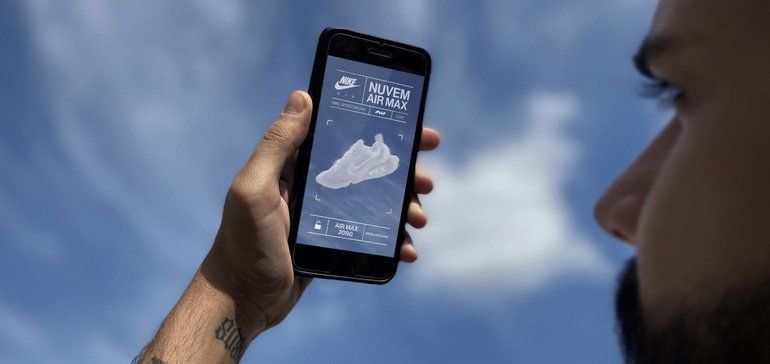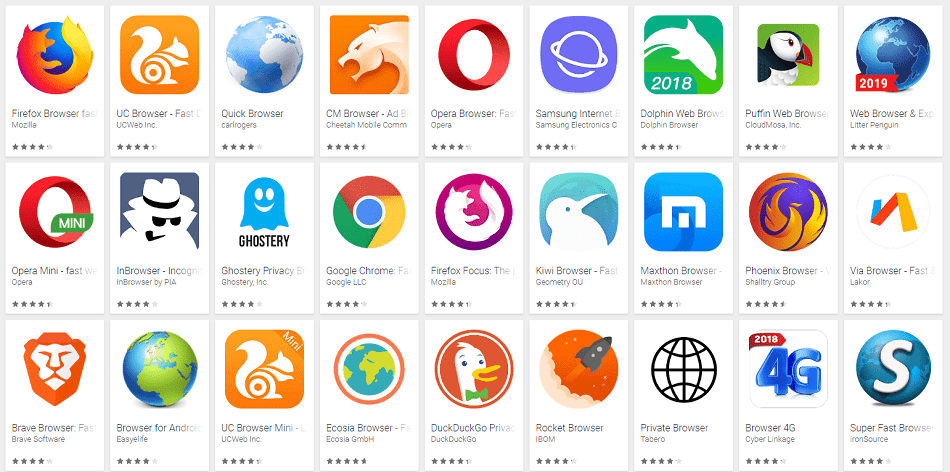
DoctorOnCall has entered a partnership with Shopee Malaysia to
offer more COVID-19 test options to users. The former’s official
store on the online shopping platform will be offering users COVID19 real-time reverse transcription polymerase chain reaction (rRTPCR) tests for purchase. Users are also able to buy vouchers on
Shopee which allows them to purchase medication and have them
delivered to their homes safely, added DoctorOnCall. At the same
time, both parties will co-host a health education and awareness
series on Shopee Live, the platform’s in-app live streaming feature.
The series of live streams will be broadcasted on three separate
days: 8, 15 and 22 May 2020 with each session airing at 10:30am
respectively. It will feature representatives from health companies
such as Qualitas Medical Group, Pfizer Malaysia and CARiNG
Pharmacy. Topics discussed include regarding the various testing
options for COVID-19, the importance of immunisation, and other
health related subjects.



